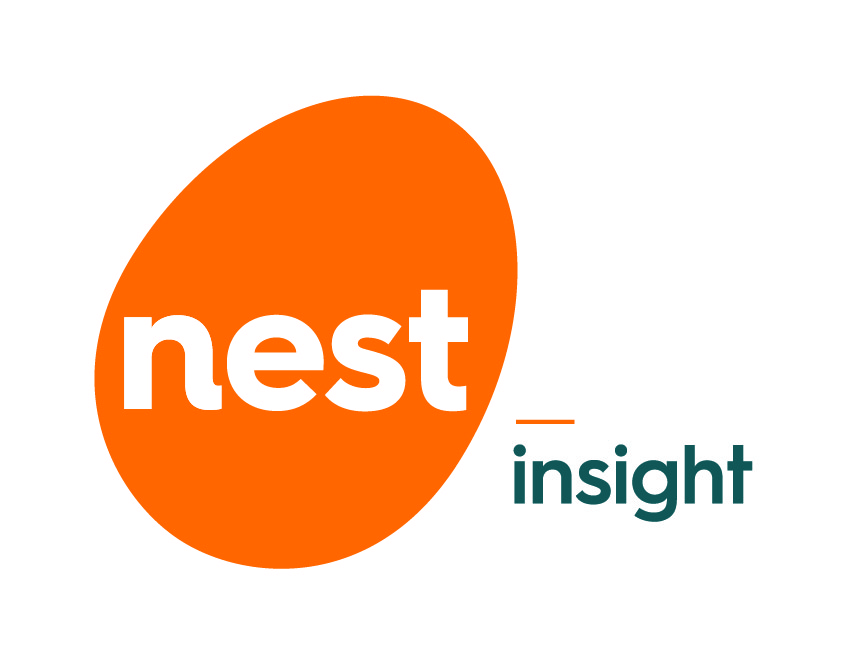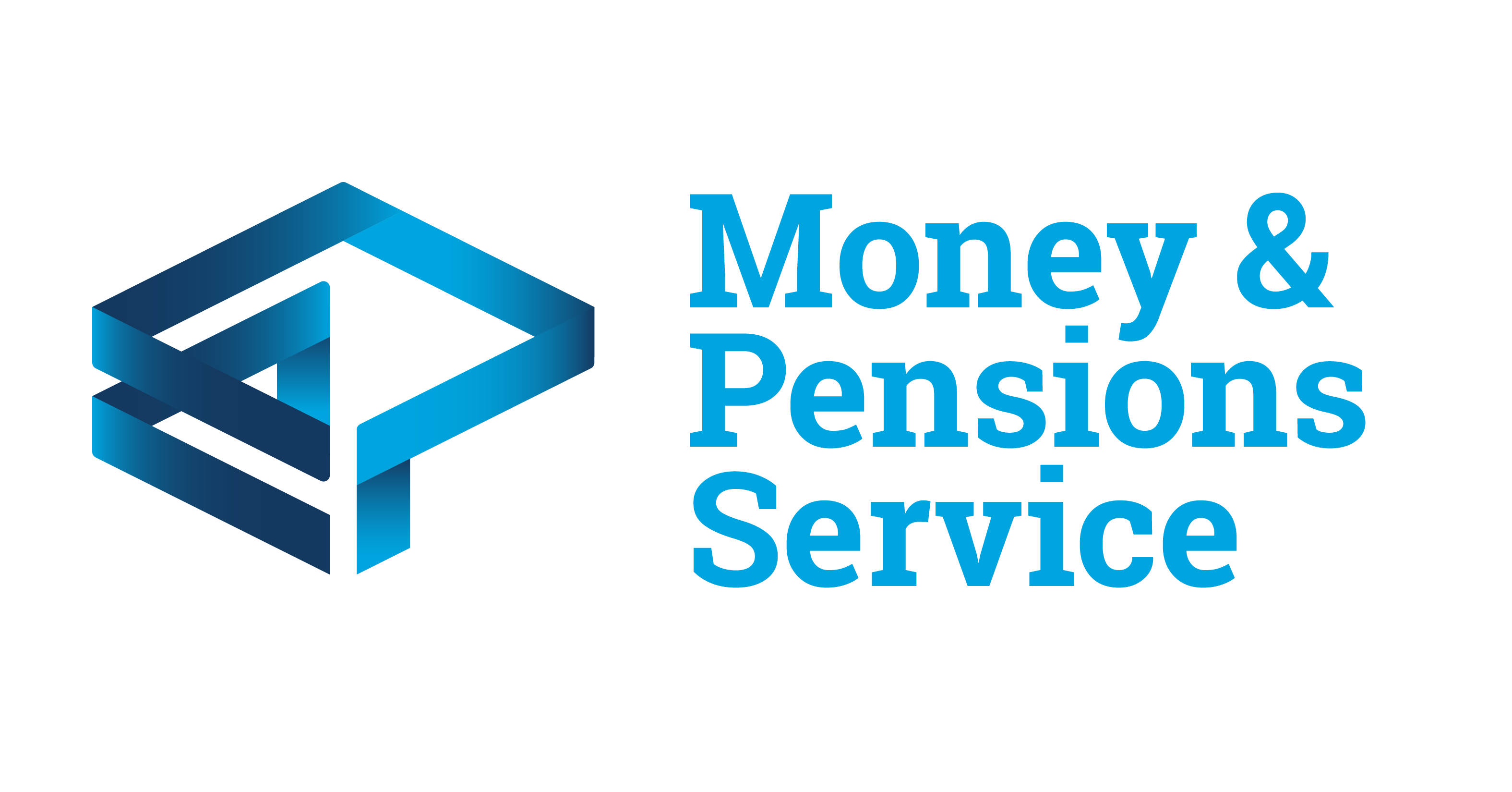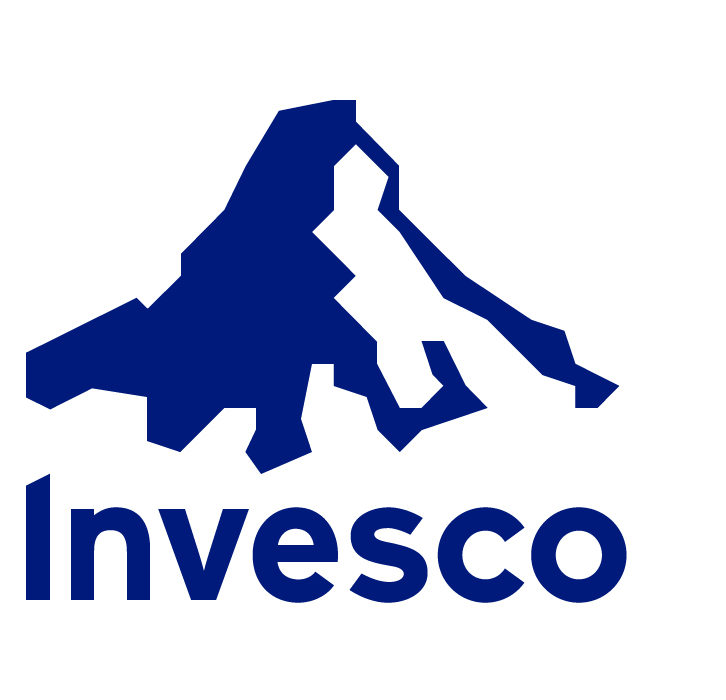Read the report: Supporting emergency saving – early learnings from the employer experience (PDF)
Today, Nest Insight has published a second briefing paper sharing early learnings from their sidecar savings trial. This new report focuses on how employers have responded to the idea of the savings approach, as well as insights into the experience of workplaces that are participating in the trial.
Nest Insight’s multi-year trial aims to test the effectiveness and impact of a hybrid workplace savings tool called Jars, which is being provided by Salary Finance. Jars is designed to help people build up emergency savings and, once a savings target has been reached, to put more aside for retirement on top of their normal auto enrolment pension contributions.
Employers play a key role by offering the tool as an employment benefit, building employee engagement and setting up employees’ emergency savings via payroll deduction. The paper shares 11 learnings, drawing upon insights from 18 qualitative research interviews conducted by independent researchers from BritainThinks between July and September 2020:
Support for the idea and product design is high
Employers like the concept of a hybrid workplace savings tool due to its perceived ability to improve financial wellbeing and build resilience among a wide range of employees. There’s widespread recognition that many people find saving difficult, and there’s a strong sense among employers that the salary deduction mechanism used by Jars could be a very effective way to initiate a savings habit:
- It removes a temptation to spend disposable income because the employee will never see the savings contribution in their current account.
- It reduces the time and effort required to choose and set up a savings account.
- It establishes an ‘unconscious’ persistent saving habit.
One employer told us, “I really think it can [help people save]. My colleagues might be fed up with me saying this, but ease of access is much underestimated. If colleagues can quickly enrol, tick a couple of boxes and then it comes straight out of payroll, it’s done… there’s a lot to be said for that. You could go and open a savings account, set up direct debit, but that involves quite a bit of effort. That ease of access adds real value.” Another commented, “The thing is, it’s out of the wages before they get paid. That’s a fabulous way of doing things because you forget you’re even doing it.”
A focus on emergency savings
Employers mainly view Jars as a way to support employees to save and build up an emergency savings buffer. The retirement-saving pre-commitment mechanism, designed to help people save more into their pension, is seen as an important but secondary benefit. This is because, whilst they recognise that most people in the UK are not saving enough for their retirement, they feel that auto enrolment already goes some way to support longer-term savings and a larger gap remains in helping people build up short-term savings.
In the current environment, employers are perhaps more aware than ever of the financial vulnerability of many of their employees and the impact this can have on a person’s mental health and productivity. Indeed, a number of employers said they’re aware that some employees are struggling to pay back debts or worried about how to pay their day-to-day bills.
One employer commented, “We wanted to introduce something around financial wellbeing. This is because of research, it’s all there – there’s a huge population that don’t have any savings at all. That’s bad for both the employee and ourselves. People with no money are worried. What if we had a reliable employee and now they’re unreliable and have absence issues because of money? Any wellbeing is important to us, and mental and physical health are stresses.”
Implementation is no more complex than other benefits, but concerns voiced about power of inertia
Employers found Jars to be no more complicated to set up than other new benefits. Sharing their experience, one employer said, “Jars was very easy to set up, as all the technology and most of the administration is provided by Salary Finance. No special training was needed. Payroll staff just need to process the file provided by Salary Finance each month and make the necessary payment.”
The bigger challenge so far has been in building awareness and engagement among employees. Unlike auto enrolment, where the default is ‘saving’ and employees must actively opt out, with Jars and similar sidecar savings models, employees currently need to actively sign up themselves. Despite the personal and social desirability of saving, many people don’t get around to saving due to inertia.
Employers also recognise that affordability is a barrier to saving. They felt that some of their employees genuinely do not have extra money to save each month, particularly if they also have debts to pay off first.
Jo Phillips, Director of Research and Innovation, said:
“The interest and appetite shown by employers for sidecar savings has been brilliant to see. Without these pioneering workplaces our trial would not be possible, so we’re grateful to BT, StepChange, The University of Glasgow and Timpson for joining us on the journey and continuing with the research trial through this challenging year.
“The pandemic has created an uncertain and difficult backdrop for rolling out new benefits to employees, given the many other issues that employers are trying to manage and address at this time. But it has also brought employee financial wellbeing to the forefront of most employers’ thinking and made the idea of saving for the future much more salient to most employees.
“We believe that now more than ever the case for helping employees to build up short- and longer-term financial resilience is clear. We hope these early learnings from our trial provide valuable insights for policymakers in the UK and beyond, as well as to providers, employers and employee benefits consultants who are working on solutions to support people to build financial resilience.”
Will Sandbrook, Executive Director of Nest Insight, comments:
“These early insights show encouraging signs and give us valuable learnings and questions to explore during the remainder of the sidecar savings trial.
“As we highlighted in our first briefing paper, one of the key challenges is employee engagement. Even when employees say they want to save, and welcome the availability of Jars, many don’t get around to signing up. It’s a challenge we see across many areas of the pensions industry – how do you help employees overcome inertia? This research shows that this is clearly something employers are thinking about in the context of workplace emergency savings. In our future research, we’re planning to explore whether financial incentives and alternative joining mechanisms, such as automatic or active choice enrolment, are effective ways to address this.
“A further barrier to saving is affordability. Employers felt that for some employees, for example, the priority will be to pay off debts before they turn to saving. It’s clear employers want to help their employees with emergency saving, and so we look forward to working with them through the remainder of our research programme to explore how these barriers can be overcome.
ENDS
Notes to editors
About Nest Insight’s sidecar savings trial
This trial is supported by BlackRock, the Money and Pensions Service (MAPS) and JPMorgan Chase. The research is being led by Nest Insight, working with academics Sarah Holmes Berk, John Beshears, James Choi, David Laibson, and Brigitte Madrian as well as MaPS. Salary Finance is the trial’s savings technology partner, providing the savings tool which is being introduced in participating workplaces as ‘Jars’. Jars allows employees to set up regular payroll deductions to save money into their emergency savings jar, provided by Yorkshire Building Society, and, when they reach their savings target, to save more into their existing workplace pension.
We’ve learnt a great deal from the first phase of our sidecar savings trial, and this series of briefing papers aims to share these emerging insights. Our first paper, Supporting emergency saving: policy considerations and questions for future research (PDF), was published in October 2020, and we look forward to sharing a third paper in the new year looking at the experience of the employees to whom the savings tool has been offered. For further information and previous research reports, please visit: nestinsight.org.uk/liquidity
About Nest Insight

Nest Insight is a collaborative research unit set up by Nest Corporation to help understand and address the challenges facing Nest members and other defined contribution savers. For more information visit: nestinsight.org.uk
About our programme partners
![]()
BlackRock is a global investment manager, serving the UK market for more than 20 years. BlackRock Social Impact partners with not-for-profit organisations, start-ups, corporations and BlackRock employees to create impact in communities and on a global scale. It is supporting a cross-sector program with a mission to help people living on low- to moderate-incomes gain access to and increase usage of proven savings strategies and tools, ultimately helping them to establish an important safety net. For more information, visit blackrock.com/corporate/about-us/social-impact
The Money and Pensions Service (MaPS) vision is: ‘everyone making the most of their money and pensions.’ MaPS is an arm’s-length body committed to providing access to the information and guidance people across the UK need to make effective financial decisions over their lifetimes. For more information, visit maps.org.uk
![]()
JPMorgan Chase is committed to expanding access to economic opportunity for people in underserved communities by leveraging its philanthropic capital, talent, and resources to focus on areas like jobs & skills, small business and financial health. JPMorgan Chase & Co. (NYSE: JPM) is a leading global financial services firm with assets of $3.2 trillion and operations worldwide. The firm is a leader in investment banking, financial services for consumers and small businesses, commercial banking, financial transaction processing, and asset management. For more information, visit jpmorganchase.com
Delivery partner
![]()
Salary Finance is on a mission to help millions of people around the world to become financially happier and healthier. It currently helps over 3 million employees at 550+ of the UK’s largest employers. Salary Finance partners with employers to provide a range of salary-linked employee benefits, helping employees to get out of debt, start saving, advance their pay, protect their future and learn better financial habits. For more information, visit salaryfinance.com
About Nest Insight’s strategic partner

Invesco is an independent investment management firm dedicated to delivering an investment experience that helps people get more out of life. Building on its strong track record in defined contribution research, and its existing partnership with the University of Cambridge Judge Business School, Invesco partnered with Nest Insight to support their ambitious programme of research, publications and events. For more information visit invesco.co.uk NYSE: IVZ







